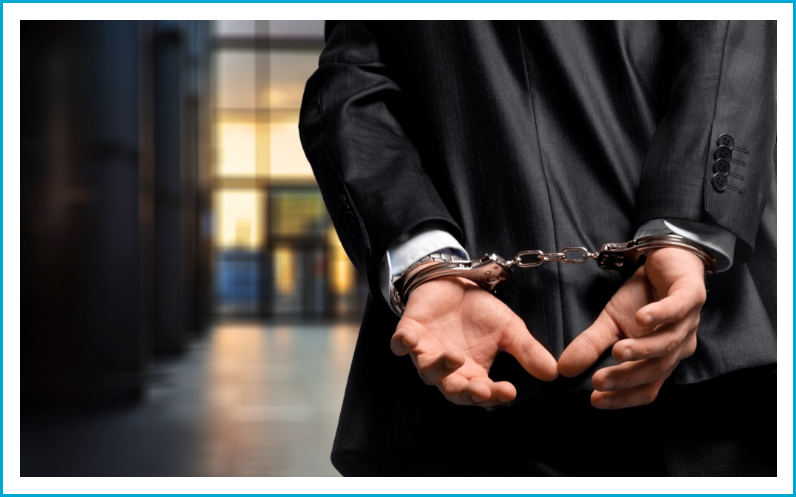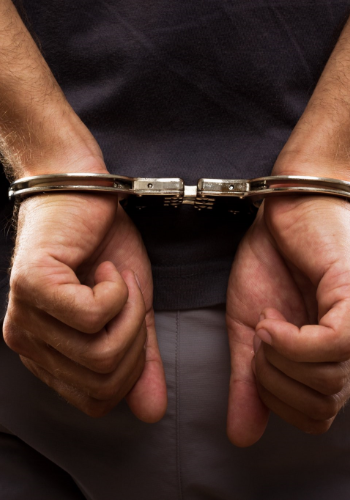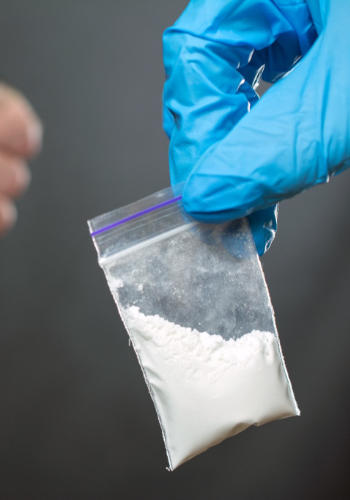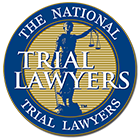Been Arrested?
If you are arrested or questioned regarding a crime, you may feel intimidated and unsure about what happens next. At Glew & Kim, we believe that to protect your rights, you must know your rights. Your actions at the time of arrest can make a significant difference in the outcome of your case.

What should I do if I am arrested by the police?
First and foremost, if you are arrested, you should REMAIN SILENT! This means do NOT answer any police questions. Just say “I want a lawyer,” and contact a lawyer as soon as possible. Attorneys Glew and Kim are available 24 hours a day, seven days a week, and can usually visit you in the police station before you are released or sent to court for bail. Contact Glew & Kim to learn about our criminal defense practice and how we can help you beginning right away.
What should I do if I am contacted by the police, or stopped while driving?
Anytime law enforcement contacts you, consult an attorney BEFORE answering questions. You ALWAYS have the right to REMAIN SILENT! For most people, that is the best thing to do. You will not be able to talk the police out of arresting you.
You are much more likely to hurt your case than to help yourself. The police will write a report later, and that police report always seems to cast your conversations with them in the worst possible light.
You DO NOT have to answer questions, do field sobriety tests, say the alphabet, stand on one leg, take breathalyzer tests, or give the police any information, other than what is necessary for booking.
Should I decline field sobriety tests?
Yes. The fact that you refused these tests CANNOT and WILL NOT be admitted at trial. Field tests are often carried out under terrible circumstances, and they can easily yield bad results, even for sober people. The police routinely ignore the guidelines for giving such tests, yet those test results will be used against you if the police think you failed them.
Won’t it look like I’m guilty if I refuse to talk to the police?
NO! Your silence is NOT admissible in court! The police do not decide if you are guilty — that’s the court’s job. So keep quiet, except to say “I want a lawyer.” If the police are trying to get you to talk about something, it usually means they already think you are guilty. Nothing you say will convince them otherwise. They will never admit to you that their only goal is to develop a case against you. The police will say anything to get you to incriminate yourself. Do not trust them when they offer to let you tell “your side of the story.” Remember, no matter what, silence is your right, and the jury will never hear that you refused to answer questions, take field tests, or take a breath test.
What happens after I am arrested?
You will be handcuffed and transported to the police station for booking. Do not talk to the police in the car! They may seem to be making small talk, but they will use what you say or how you say it against you if they can.
Booking is when the police get identifying information from you. They request your name, address, and other such information, and you will be photographed and fingerprinted. You should give this basic information to the police, but say as little as possible during the booking process.
If you are too scared or disoriented, simply decline booking. You will be placed in a cell, and the police will try book you later. Be aware, however, that you will not be processed until you are booked, and a delay in booking will result in more time in custody.
After booking, you will usually be asked to post a bail fee of $25 (so long as you have valid identification, no criminal record, and the case does not involve domestic violence). After that, you can leave. If you have a criminal record, bail may be set by a magistrate, or the police can hold you until the next morning for a judge to set bail.
What happens when I am released from custody?
After being released from custody, you will be given a date and time to appear in court for your arraignment. An arraignment is simply the court’s chance to formally tell you what the charges are against you. Always go to your arraignment! Defaulting on a court appearance is a serious matter.
The police did not read me my Miranda rights. Can I get my case dismissed?
No! No case has ever been dismissed because a police officer forgot to read a person his rights! The police only have to read you your rights if they want to ask you questions. The worst thing that happens if they forget to read you your Miranda rights is that any statements you make can’t be used against you in court.
What Should I Do Now?
No matter where things are in your criminal case, the No. 1 way to protect yourself from further harm after an arrest is to contact an attorney right away. It is too easy to make mistakes that can harm your own case if you try to explain or defend yourself. Call 714-713-4525 or email us through the Contact page of this site to get the information you need to fight the criminal charges.














